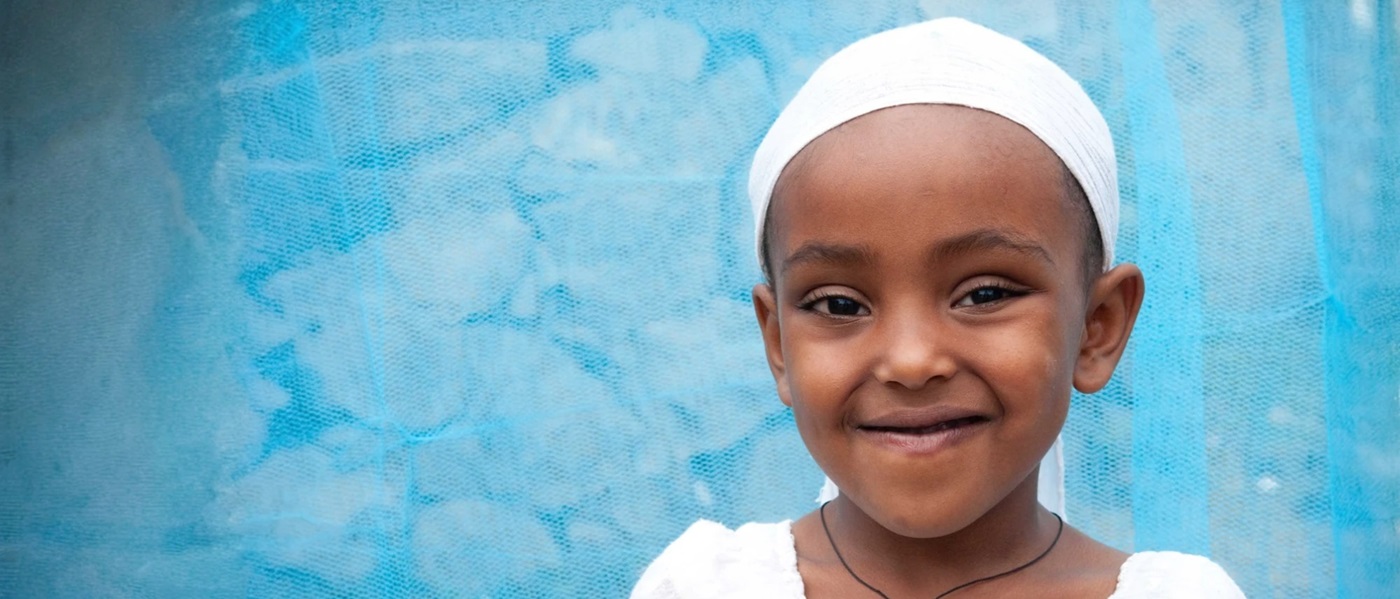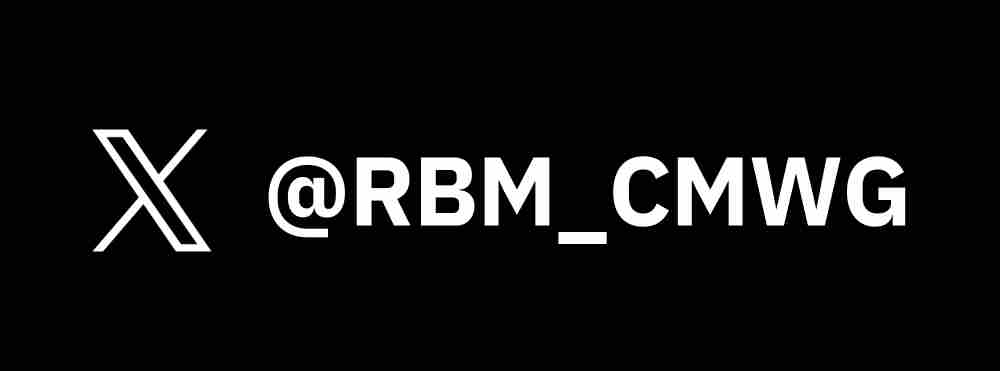The RBM Case Management Working Group (CMWG) is a mechanism at global level that aims to minimise wasteful duplication, maximise synergies, and encourage harmonisation and pooling of efforts for faster uptake and scale up of malaria case management strategies.
After a four-year hiatus, the Case Management Working Group (CMWG) has been revived with the generous financial support from the Swiss Agency for Development and Cooperation (SDC) in 2017. The objectives of the Working Group are to reconvene the global malaria partners to share experiences and evidence on best practices for improving malaria case management.
Objectives
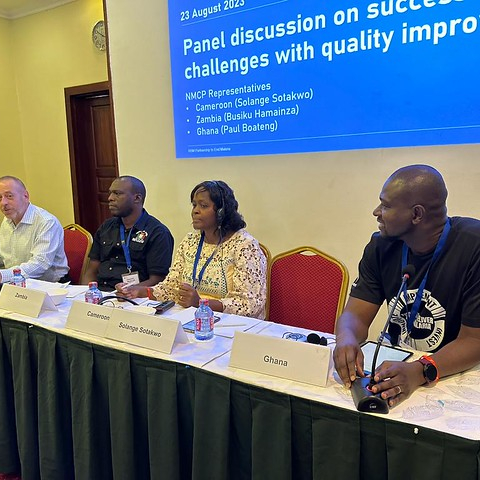
Structure
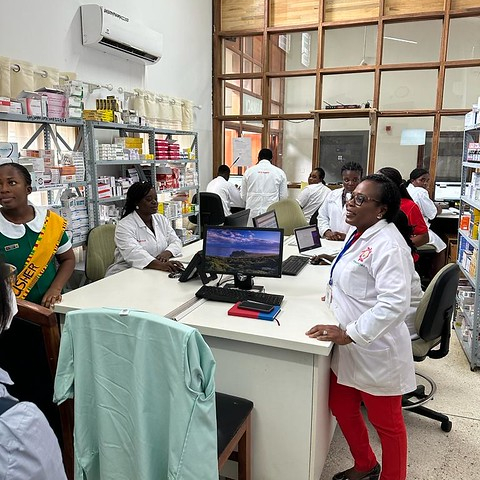
Meetings
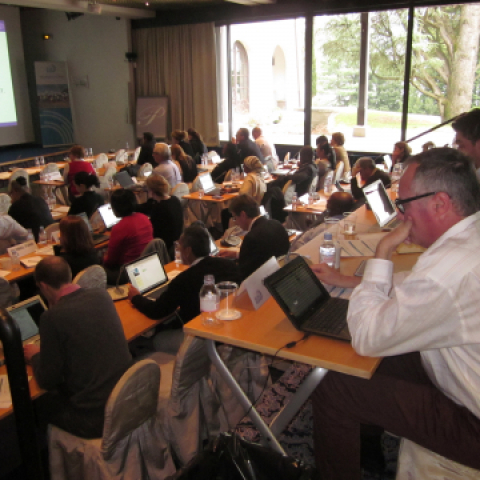
Webinars
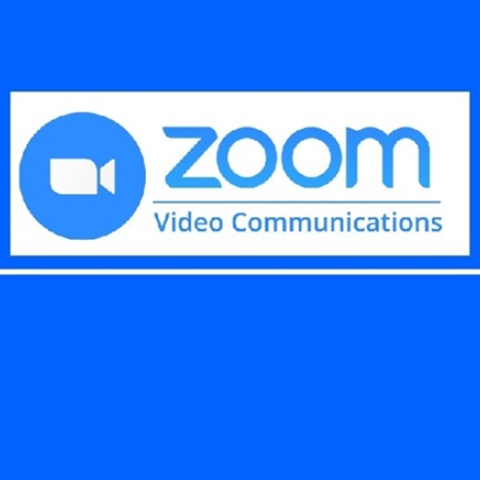
News

Resources
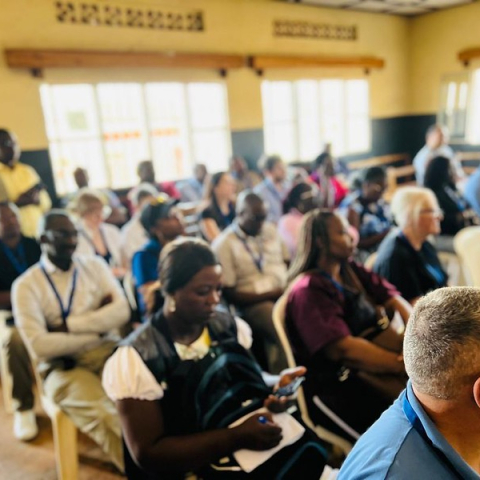
Co-chairs:
 | 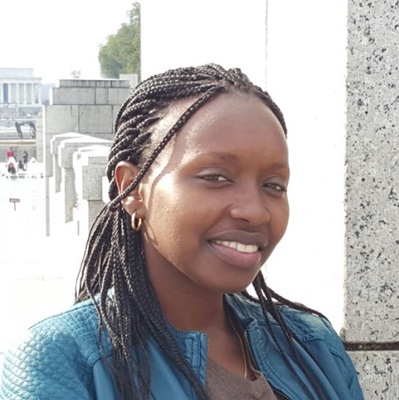 |
Prof. Olugbenga Mokuolu University of Ilorin, Nigeria | JHPIEGO, Rwanda |
Secretariat
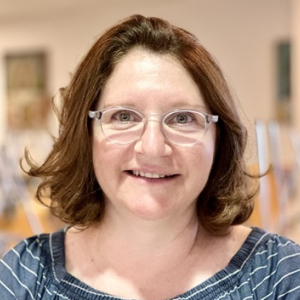 | |
Swiss TPH, Switzerland |
|
